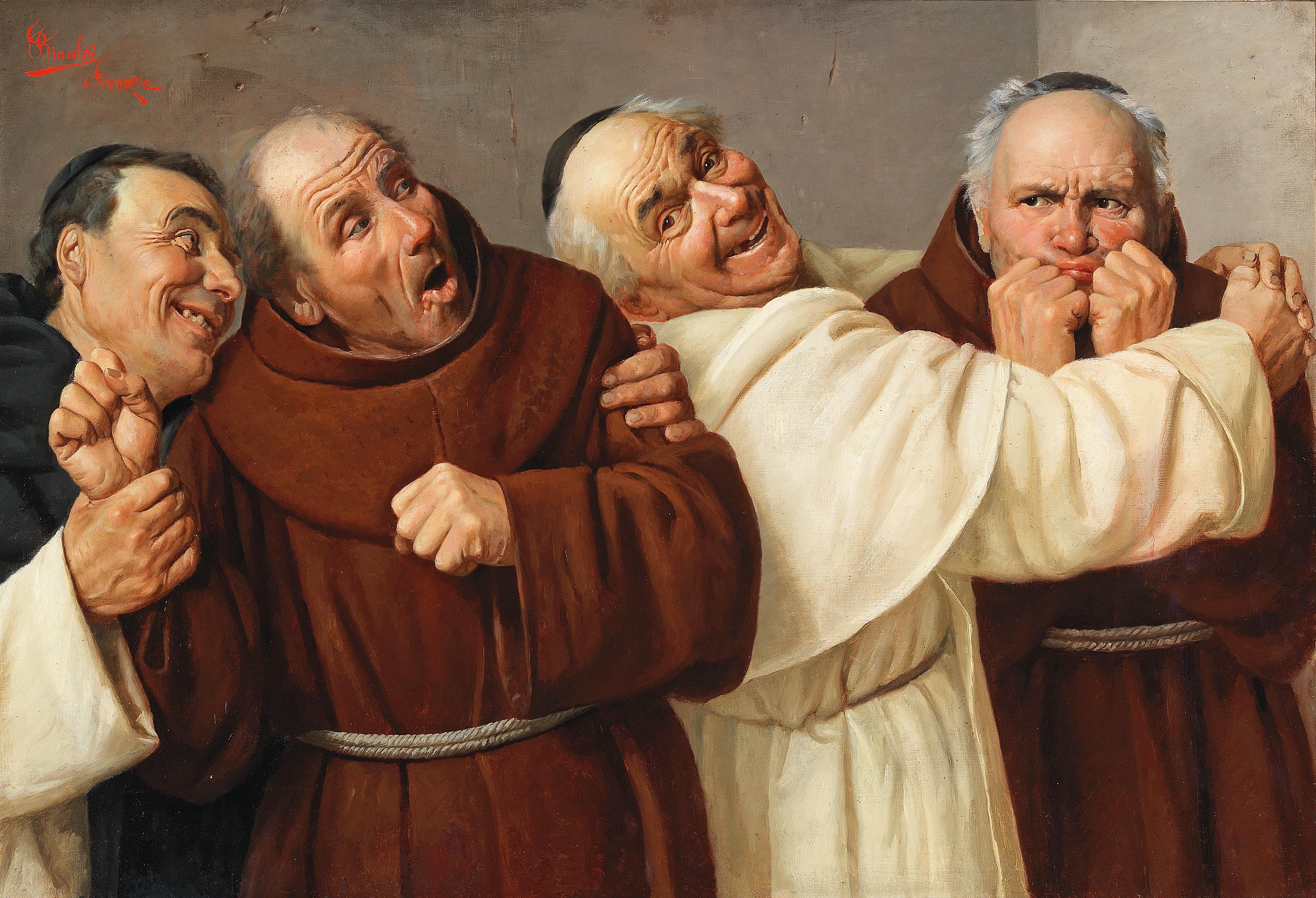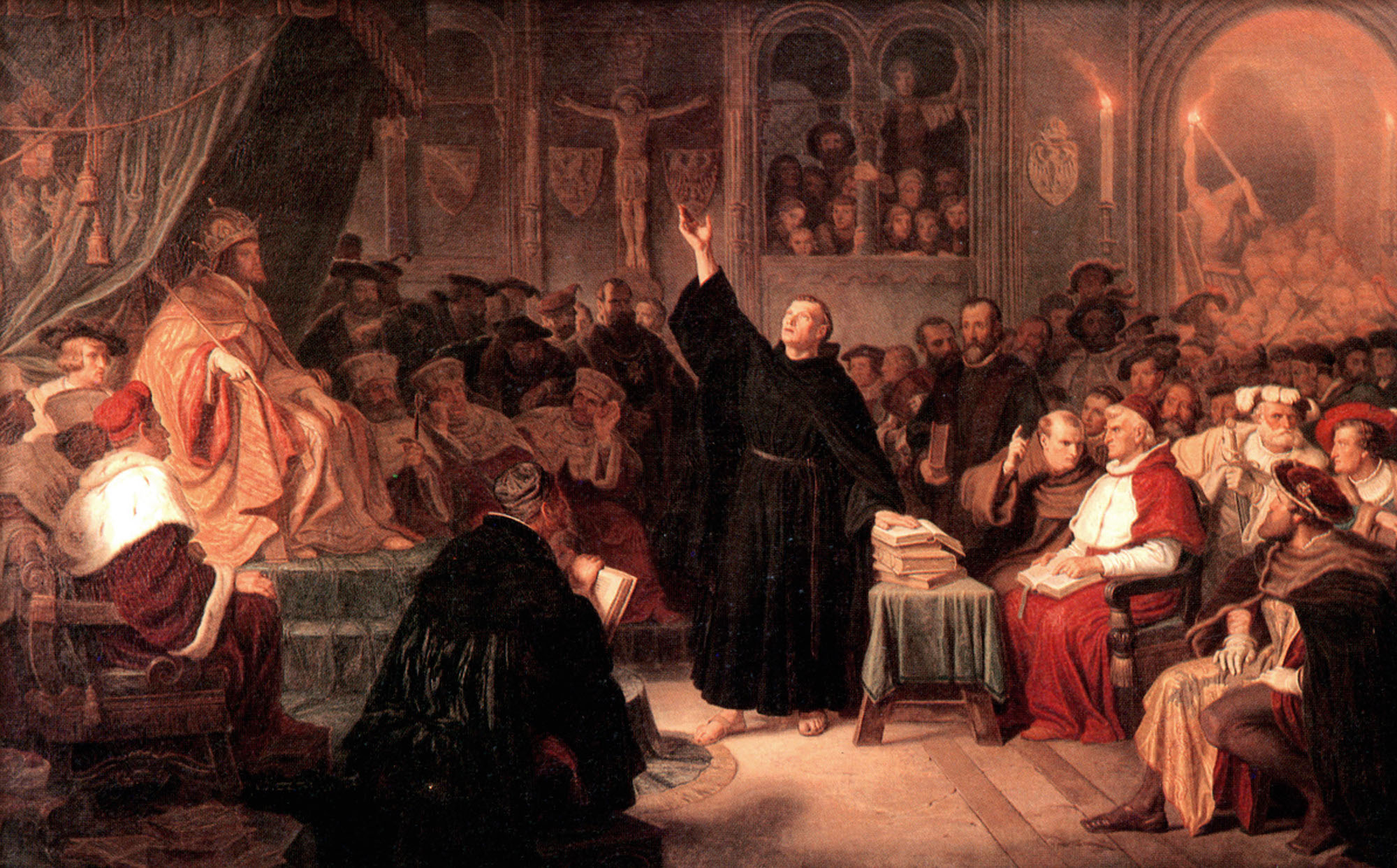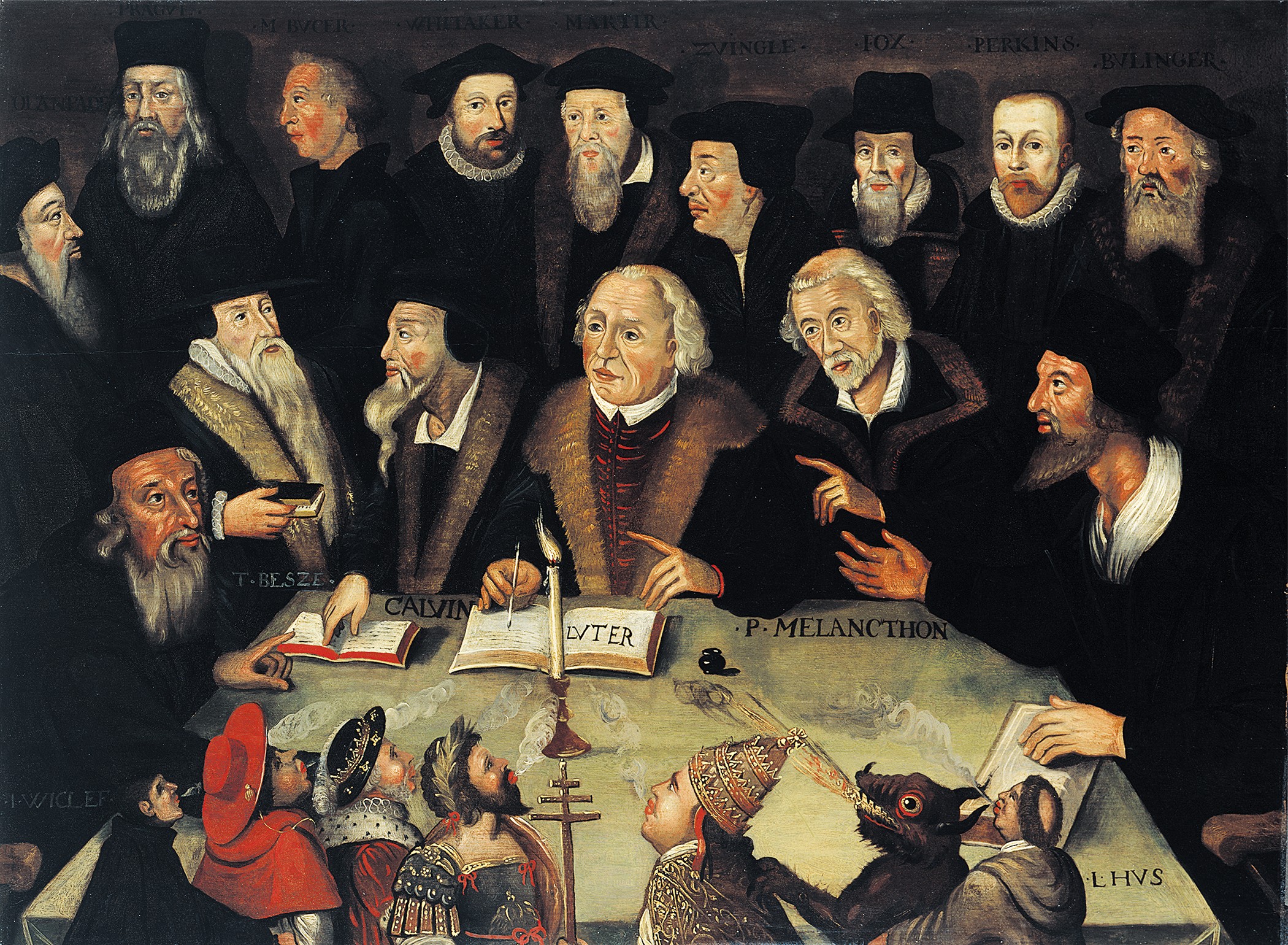Who is Martin Luther? Why is it important for reform movements?
The Life and Ministry of Martin Luther
Martin Luther was a monk who lived in Europe in the 16th century and opposed the wrong practices of the Catholic Church and took the first steps in the formation of the sect we call Protestantism today. He is a very important character in terms of both human and Christian history.

Martin Luther's Youth
Martin Luther was born on November 10, 1483 in Eisleben, Germany. Shortly after Luther's birth, his family moved from Eisleben to the small town of Mansfeld, some 10 miles northwest. His father, Hans Luther, who was successful in the local copper refining business, became an alderman of Mansfeld in 1492.
Luther began his education at a Latin school in Mansfeld in the spring of 1488. There he received a comprehensive education in Latin. He learned the Ten Commandments, the Lord's Prayer, the Apostles' Creed, and morning and evening prayers. In 1497, Luther was sent to nearby Magdeburg to attend a school run by the Brethren of the Common Life, whose emphasis on personal piety had a lasting impact on him. In 1501 he studied at the University of Erfurt, one of the most elite universities in Germany at the time. He continued his education without needing any scholarship due to his father's financial success. Luther received his bachelor's degree in 1502. He received his master's degree three years later.
Education and Beginning as a Monk:
After graduating from the faculty of arts, Luther began postgraduate studies in one of the three “higher” disciplines (law, medicine, or theology). He started studying law in accordance with his father's wishes. However, less than six weeks later, on July 17, 1505, Luther abandoned the study of law. He entered the monastery of the Monk Order of St. Augustine in Erfurt. A violent storm near the village of Stotternheim had frightened him enough that he involuntarily vowed to become a monk if he survived. Luther honored this vow and abandoned his law studies and applied to a monastery to become a monk. Luther's father was angry with him for giving up law, which was respectable and lucrative for the monastery.

In 1505, the monastery where Martin Luther was located sent him to the Vatican for a meeting. When Luther arrived at the Vatican, he was not pleased with what he saw there. According to Luther, the church and its surroundings were corrupt and he was very disturbed by this situation. The church had become a political and economic power rather than a spiritual authority.
On his return from this visit, the monastery to which he was affiliated sent Martin Luther to the monastery in Wittenberg to continue his education and studies. After his education here, he received the title of professor and continued both teaching and working.
During these studies, especially St. Paul's and St. Augustine's emphasis on faith became a turning point for him. In the Bible, it is especially explained in the Gospel that “God justifies man. Justification is achieved by faith alone. As it is written, “ He who is justified by faith shall live. ” (Romans 1:17), “ It is evident that no one is justified by the law with God. For he who is justified by faith shall live. ” (Galatians 3:11), “ The righteous man shall live by faith. But if he backs out, I won't be happy with him. The emphasis on the concepts of salvation by faith or justification by faith in verses such as " (Hebrews 10:38) began to fundamentally change Martin Luther's perspective on the practices of the church.
Salvation comes not by good works, prayer, fasting, pilgrimage, icons, charity, sacraments or any other deed, but by faith. We cannot deserve salvation by our actions or thoughts, we cannot be this good. We can only believe. Therefore, he used the following motto in Latin: “ Sola Fide ”, meaning “ Faith Alone ”.

Martin Luther – Purgatory and the Problem of Indulgence
In 1517, when Johann Tetzel, a priest sent by the Vatican, came to Wittenburg and sold indulgences, discussions began between Martin Luther and the Catholic Church. Martin Luther was particularly opposed to two teachings of the church: Purgatory and Indulgence. Let's examine these two terms:
Purgatory : In the Catholic Church, Purgatory is a place believed to be a temporary purification place where believers pay for their sins after death before going to heaven. In fact, although the early church did not have a very clear doctrine on Purgatory, it became an important part of Catholic doctrine, especially in the 12th century.
Indulgence: Indulgence refers to the granting of a certificate of mitigation of these purification penalties by the authority of the Pope, that is, the church. Believers could buy this document for money. In this way, they were giving all they had to the church to shorten the time of their loved ones in purgatory. The practice of indulgences also emerged in the Middle Ages, although there was no such practice in the early church. In particular, the Popes in the 11th and 12th centuries began to reward soldiers for their services in the Crusades. Subsequent Popes continued and expanded the framework of this practice.
Martin Luther and Reformation Movements
Here in 1517, priest Johann Tetzel came to Wittenberg with the mission given by the Pope to sell indulgences for 3 Marks. This price meant a worker's savings for 6 months. At this point, on October 31, 1517, Martin Luther prepared a 95-item thesis. Nails on the door of the Wittenberg Church. He strongly opposes these practices of the Catholic Church. This expands the impact of the discussions and many people become involved in these discussions. This is how Martin Luther begins to become famous. The point Luther wants to emphasize is that salvation comes from faith alone. The point was that the church had no authority in this matter, especially with indulgences. Jesus Christ and the cross were sufficient for salvation. It was unnecessary for any priest to have any intermediary in this matter. Martin Luther called this “the priesthood of all believers.”
While these discussions were raging, they wanted Martin Luther to defend this thesis in the presence of the Holy Roman - Germanic Emperor in 1521. Charles V, the emperor of that period, did not accept Luther's thesis, saying that he was wrong. In fact, there were people who opposed these practices of the church before Luther; However, the development of printing technology at that time enabled Luther's ideas to spread first throughout Germany and then throughout Europe. The 95-item thesis was printed in thousands of copies and reached people between 1517 and 1526.
However, something else that Martin Luther did enabled these small-scale events to have a larger impact. Luther translated the Bible from Latin into German. This helped ordinary people who could not speak Latin to read the Bible. He ensured that every individual had access to the Word of God. With the help of the printing house, thousands of copies began to spread.

Worldwide Effects of the Reformation
In fact, among the good things that came with the Bible being so accessible, some difficulties also began to arise. Different interpretations began to emerge regarding some points in the Bible. This situation pushed Europe into a kind of chaos.
In 1520, the Pope excommunicated Martin Luther. In 1521, Martin Luther invited them to a meeting. They want him to recognize the books he has written and then reject them. Martin Luther admits that he wrote the books and asks for some time to think. The next day, Martin Luther acknowledged that the language he used in some of his books might be inappropriate, but stated that he would not reject the content of his books. He stated that he would stand by what he said if it did not contradict the Bible or logic and said:
“ I do not accept the authority of popes and councils, unless convinced by the Holy Scriptures or by reason, because they contradict each other. My conscience is captive to the Word of God. I cannot and will not accept anything that goes against conscience, because that is neither right nor safe. God help me. Amine."
Another quote attributed to him is as follows: “ Here I stand. I can't do anything else. God help me! Amine. ”
In this way, the Reformation movements later turned into the Protestant movement with protests. It also caused socio-economic turmoil in Europe for a while. Different views have emerged within this movement itself.
Martin Luther married and started a family in 1525. He died of kidney failure in 1545. Martin Luther had a fundamental impact on world and church history with his initiation of the Reformation movements.











































